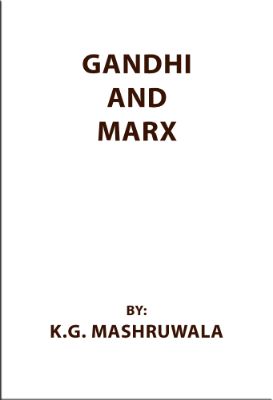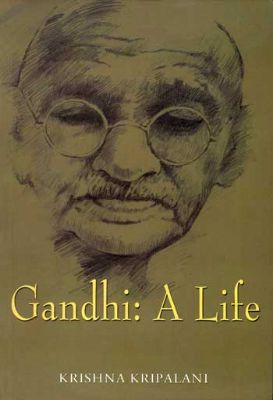Science Fiction and Climate Change: A Sociological Approach
Despite the occasional upsurge of climate change scepticism amongst Anglophone conservative politicians and journalists, there is still a near-consensus amongst climate scientists that current levels of atmospheric greenhouse gas are sufficient to alter global weather patterns to disastrous effect. The resultant climate crisis is simultaneously both a natural and a socio-cultural phenomenon and in this book Milner and Burgmann argue that science fiction occupies a critical location within this nature/culture nexus. Science Fiction and Climate Change takes as its subject matter what Daniel Bloom famously dubbed ‘cli-fi’. It does not, however, attempt to impose a prescriptively environmentalist aesthetic on this sub-genre. Rather, it seeks to explain how a genre defined in relation to science finds itself obliged to produce fictional responses to the problems actually thrown up by contemporary scientific research. Milner and Burgmann adopt a historically and geographically comparatist framework, analysing print and audio-visual texts drawn from a number of different contexts, especially Australia, Britain, Canada, China, Finland, France, Germany, Japan and the United States. Inspired by Williams’s cultural materialism, Bourdieu’s sociology of culture and Moretti’s version of world systems theory, the book builds on Milner’s own Locating Science Fiction to produce a powerfully persuasive study in the sociology of literature.
| Publication Language |
English |
|---|---|
| Publication Access Type |
Freemium |
| Publication Author |
Andrew Milner |
| Publisher |
Liverpool University Press |
| Publication Year |
2023 |
| Publication Type |
eBooks |
| ISBN/ISSN |
9780000000000 |
| Publication Category |
Open Access Books |
Kindly Register and Login to Shri Guru Nanak Dev Digital Library. Only Registered Users can Access the Content of Shri Guru Nanak Dev Digital Library.
You must be logged in to post a review.













Reviews
There are no reviews yet.